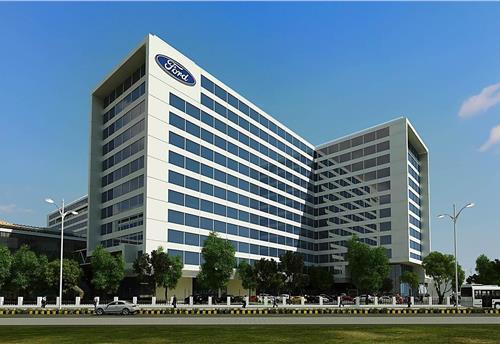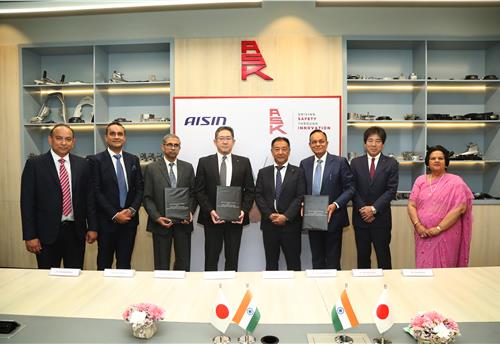Austrian CV seatbelt maker to invest 10m euro in India plant
Fasching Salzburg scouts for Indian JV partner to manufacture safety belts, static belts and retractable belts for commercial vehicles.
Austria-based Fasching Salzburg GmbH, a leading European seatbelt and component maker, is eyeing the growing Indian bus and coach market for supply of quality seatbelts.
The company, which specialises in two- and three-point seatbelts, static and retractable belts, H-belts and key components, is a big supplier to CV OEMs in Europe, Mexico and North America. With India upping the ante on the safety norms front, the company foresees strong business potential in the domestic market, more so with the CV industry in India continuing to notch double-digit growth.
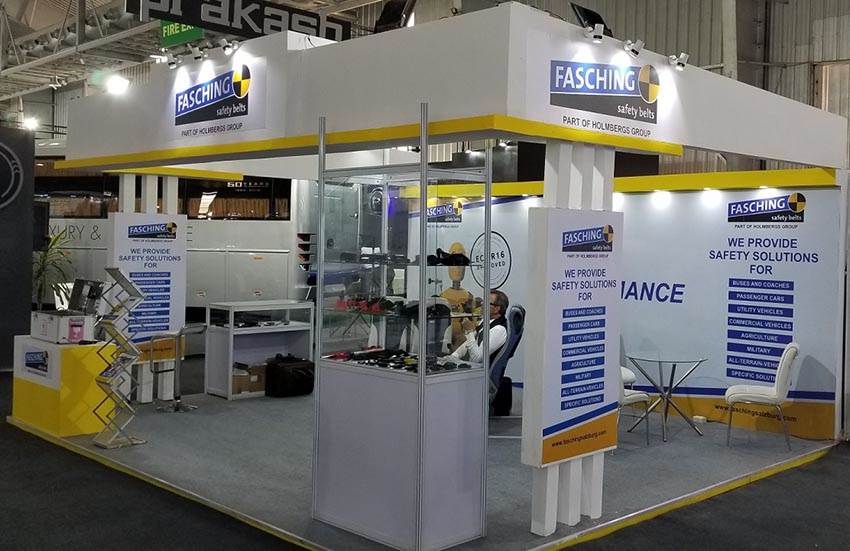
In December 2017, the company signed a letter of intent with some Indian auto component makers for a joint venture to manufacture seatbelts in India; a JV is likely to be announced in the next couple of months. The company is looking to invest close to 10 million euros (Rs 83.86 crore) in a greenfield manufacturing plant with the start of production in 2019-20. Fasching Salzburg is doing all the due diligence before it commits to bringing all its global technological know-how of making seat belts to India.
Speaking to Autocar Professional, during Busworld 2018 in Bangalore last month, Harald Pebi, senior director, Fasching Salzburg GmbH, said: “India is certainly an attractive market for us. The bus market is expected to grow rapidly and safety being the focus, the demand for quality seatbelts will grow exponentially. We are convinced that to succeed in the India market, we need a partner who understands the market and local culture. We don’t only want to come from Europe to bring what is best in that region.”
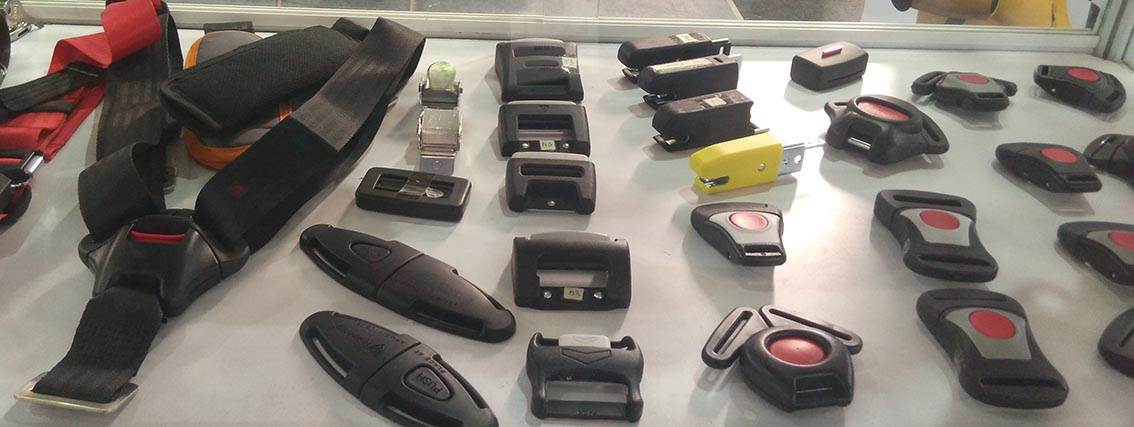
The company aims to produce safety belts, static belts as well as retractable belts for all types of commercial vehicles such as trucks, buses, and coaches, minivans, SUVs, all terrain vehicles or even military vehicles in India. The aim is to have local content of 70-80 percent with all the stamping parts and metal parts manufactured in India.
The Indian bus market is the second largest after China with annual sales of 60,000-80,000 small, medium and heavy buses and currently growing in double digits. With the bus body code and the government also turning its attention to safer transport, even as consumers turn more aware of the need to use vehicles with higher safety kit, Fasching Salzburg believes this will translate into OEMs demanding higher quality of safety products like seatbelts.
At present, Fasching Salzburg caters to Indian seat and bus body manufacturers through imports in a scale of around 50,000 to 60,000 units per annum. The company is also in talks with truck makers to supply its safety belts for Indian trucks.
India facility only its second after Hungarian mother plant
Fasching Salzburg currently makes safety belts at its only plant in Hungary, Europe with nearly one million safety belts per year; the second manufacturing plant will come in India.
The India plant will initially focus only on the domestic market, followed by exports to neighboring countries like Malaysia, Indonesia, Vietnam, Singapore and Thailand. But the company wants to be successful in the Indian market before it starts to look at export.
The company, which has more than a 45 percent market share in the coach business in Europe, has similar goals in India. The company is not a supplier to the passenger car market, the focus has always been on the coach, bus, minibus, all-terrain and in future military and agriculture.
Harald Pebi is confident about closing the JV deal with the Indian partner in the next two months; it will take another 12 months for the start of production of safety belts. Stay tuned for further updates on this company.
RELATED ARTICLES
Uniproducts India targets 15% growth till FY2027, eyes new EV OEMs for NVH parts
The Noida-headquartered company, which is a leading manufacturer of roof liners, floor carpets, sound insulation materia...
Ford to build more EV software capability at Chennai tech hub
Ford Business Solutions India, which currently employs 12,000 personnel set to add 3,000 more; Ford, which is known to b...
ASK Automotive to set up JV with Aisin to sell aftermarket parts for cars
Ask Automotive will have 51% of the equity of the joint venture to be set up with Aisin Asia (Thailand) Company and Aisi...





 14 Sep 2018
14 Sep 2018
 7549 Views
7549 Views



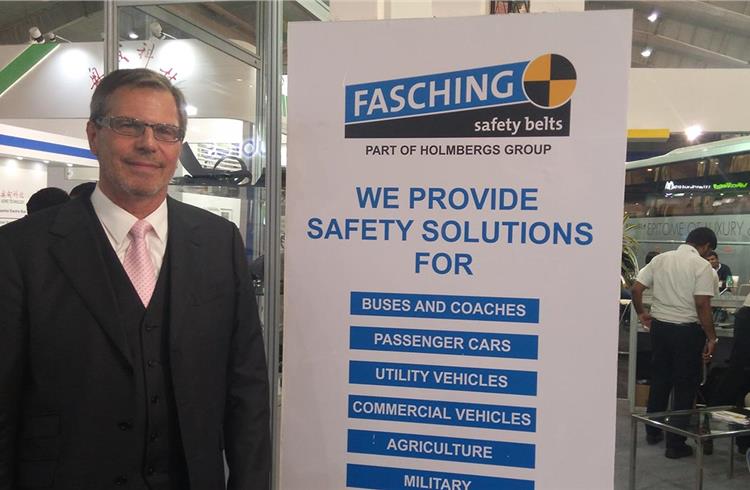
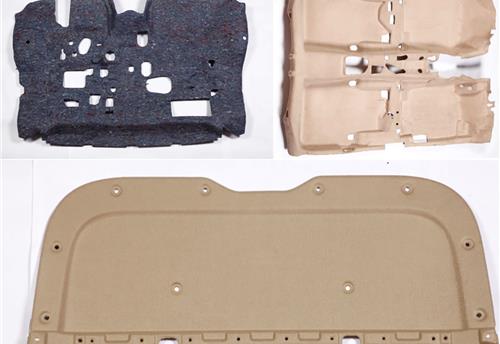
 Autocar Pro News Desk
Autocar Pro News Desk

